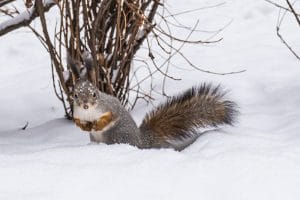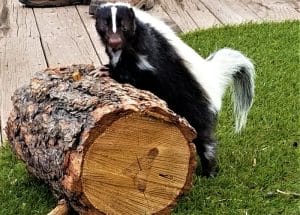Every species of urban wildlife has its own behavior and movement patterns and as result they make very distinct noises and scratching in the attic. This is part one about noises in the attic focusing on noises in the attic a raccoon will make.
Raccoons are one of the largest animals that may invade your attic but that doesn’t necessarily mean the noises in the attic they make easier to identify for a home owner. Raccoons are nocturnal animals meaning you will usually hear them at night. Sounds like a slow walking, sliding or shifting are typical raccoon in attic noises. Fast running or jumping is very rare for a raccoon in the attic but could be the result of a territorial dispute or mating. Other noises like thumping, thudding, crashing and banging are sounds you may hear when the raccoon has made his or her entry into your attic for the first time. If you have heard this noise you can be sure you have litter of raccoon babies in your attic.
Still not sure if you have a raccoon in the attic or require raccoon removal? Check out some of our other posts about noises in the attic or,
Call or email us
1-855-880-9860
www.badcompanywildlife.ca


